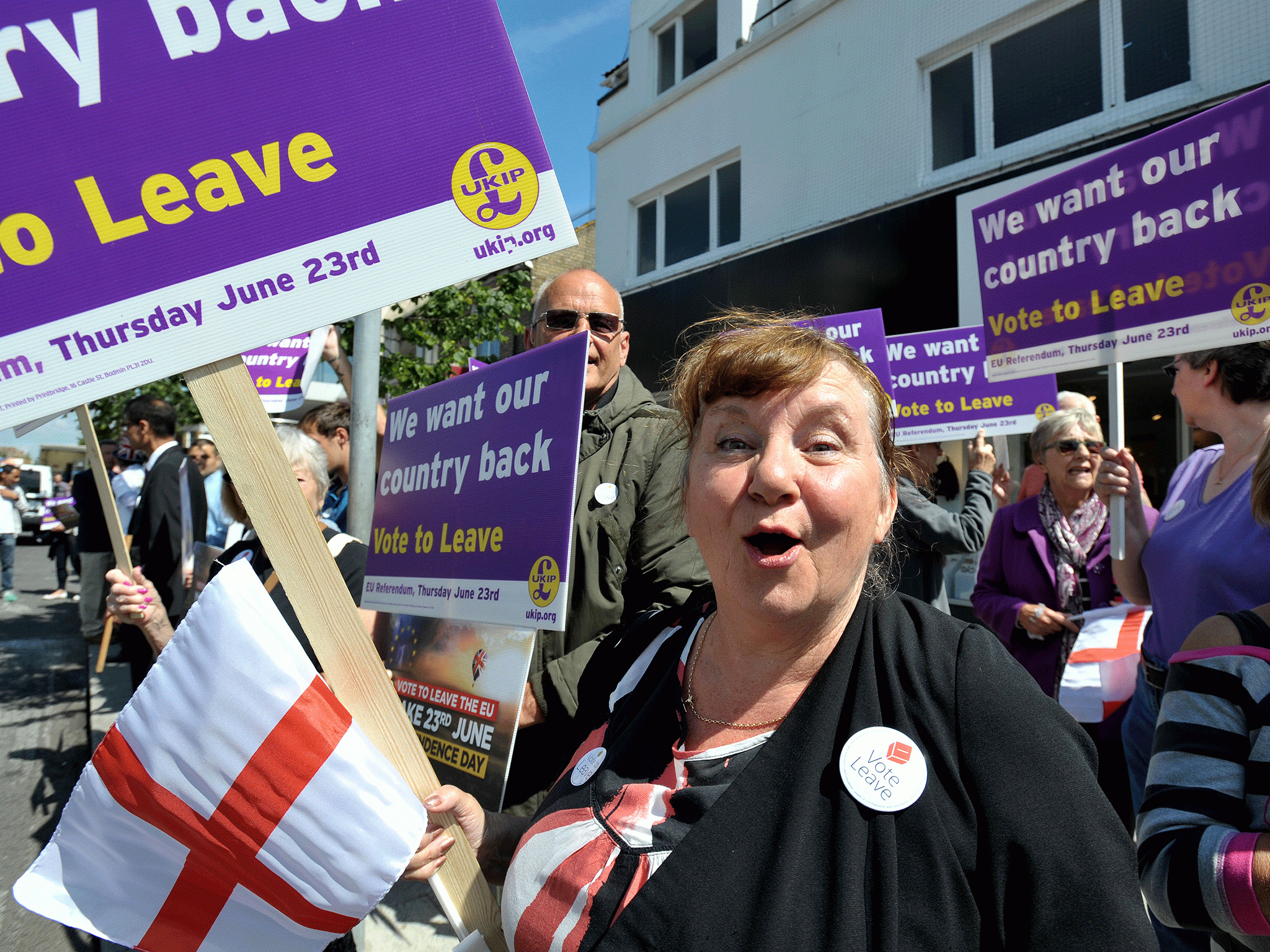Brexit: Governments have ignored referendums about the EU before
From Ireland to Greece, countries have decided to completely ignore the ‘will of the people’, asked them to think again or think about something only slightly different

There are a number of examples of referendums in Europe which have been ignored by the government of the day.
The most recent and striking example was in July last year when the Greek people voted by about 61 per cent to 39 per cent to reject harsh austerity policies sought by the EU and other global institutions in exchange for a multi-billion-pound bailout.
Despite the vote, the left-wing government in Athens, fearing the country’s banks and economy would collapse, agreed shortly afterwards to even tougher austerity measures.
In 2008, Ireland threw the EU into chaos when it became the only country to hold a referendum on the Lisbon Treaty – and voters rejected it by a majority of 53 per cent. In order for the treaty to become law, it had to be ratified by all member states.
Amid concern that attempts to streamline and formalise the workings of the EU were being held up by one relatively small member state, Irish and EU politicians urged people to think again. A new referendum was held in 2009 and this time 67 per cent of voters backed the treaty.
The Lisbon Treaty was designed as a replacement for the ‘Treaty establishing a Constitution for Europe’ or TCE, which was rejected in referenda in France and the Netherlands in 2005.
Some view the Lisbon Treaty as much the same kind of deal as the TCE, making it arguable that the French and Dutch governments ignored their TCE referendums.
However, the Lisbon Treaty was changed in an attempt to assuage opposition. For example, it removed references to EU symbols such as the flag, anthem, motto, currency and ‘Europe Day’ that had given rise to fears that a ‘superstate’ was being created.
It was notable that, this time, no other country apart from Ireland held a referendum on ratification.
Ireland also voted against the earlier Nice Treaty in a referendum in 2001 but supported it in a second vote the following year, after a number of reassurances including that it would not have to join a common defence policy.
The Brexit referendum had no force in law and was purely advisory, but the political consequences of ignoring it might be considerable.
Top lawyers have said MPs must still vote to pass an act to repeal the legislation that took the UK into the EU in 1972 if Brexit is to happen.
This act is unlikely to be introduced until after the Conservative party chooses a new leader, as David Cameron has said he will not trigger Article 50 of the Lisbon Treaty, which would start the process under which Brexit would take place.
Pro-EU MPs will then face a decision, possibly in November, as to whether to vote against their consciences for Brexit to respect the referendum vote, or do what they think is best for the UK.
This dilemma could be complicated if the UK economy is becoming weaker and polls appear to show most people are now against Brexit.
An opinion poll carried out in the wake of referendum suggests 1.1 million people who voted Leave now regret doing so.
Join our commenting forum
Join thought-provoking conversations, follow other Independent readers and see their replies
Comments